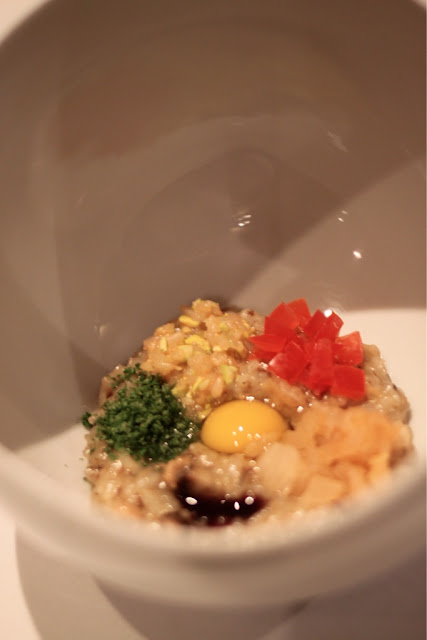In Korea, it’s not just what you say that gets attention. It’s also what you eat (and then say in between chews).
Most languages become linguistically altered by important culture features. And Korea is no exception. Such Korean alterations, however, have appeared with a focus towards food.
A common greeting among Koreans translates to, “Have you eaten rice?” Such phrases show the importance of providing food for others during times when it was not readily available.
Until the last half century, Korea did not enjoy the luxury of food stability. According to author Su Yon Pak, ongoing conflicts against neighboring countries, Japanese colonialism, and the Korean War created a substantial burden for Koreans that affected food supply. Even now, North Korea still suffers from hunger problems.
Life and food thus become fused together. According to linguist John Newman, the verb for eating (mok), is also many times interchanged with the verb for living (sal). For example, it is common to say yocum-un, mek-ko sal-ki-ka elyep-ta, which means “It’s tough to make a living these days,” as well as “It's tough to eat and live these days.”
What type of grain you consumed also measured one’s social status and wealth. While rice was on the top of the list denoting wealth, mountain grains such as barley were considered pauper food. Farther down the list were prisoners, who ate only legumes. Such came the expression khong-pap-ul-mek, which literally means “eat a bean meal,” and also translates to the idiomatic expression “to be incarcerated.”
Now, both eating and drinking create the foundation for all social interaction. According Newman, A common phrase, mok-do masi-do-nol or “Eat, drink and play,” is used to show how friendship and food for Korean seamlessly intertwine. When it comes to friendship, the strength of a relationship is many times referred to in proportion to the of times they have eaten together.
Obviously, the Korean family also has a strong attachment to food. The Korean word for family is sik-gu, which translates to the mouths to be fed in a household, and those who share a pot of rice. In a family, it is also believed that the older you got, or more meals you have eaten, which in turn makes you more wise.
Personal relationships, too, have also become comparable to Korean food. The success of interpersonal relationships can be expressed using the temperature of cooked rice. “Eating warm rice” is seen as receiving love, while eating cold rice denotes ill-treatment.
Even now, many Korean proverbs persist that demonstrate the importance of food within a community. For example, the adage “If you eat rice all by yourself, you will lose appetite,” demonstrates the importance of eating as a social activity.
Lindsey Huster a writer who usually hails from Chicago. She enjoys listening to music,wearing cardigans and generally anything vegetarian.










2 Comments
This is a really interesting article, I really like, the beauty of the culinary culture of the peoples is well marked by their beliefs, and the importance of food in society is not only carried food to the mouth is a ritual that has many important meanings.
ReplyDeleteThanks
great article, but the writer might want to consider using an established system when trying to romanize Korean expressions. while Korean is difficult to romanize perfectly, using one of the current systems would at least provide consistency; her own attempts here were way off the mark.
ReplyDeleteThank you for commenting!